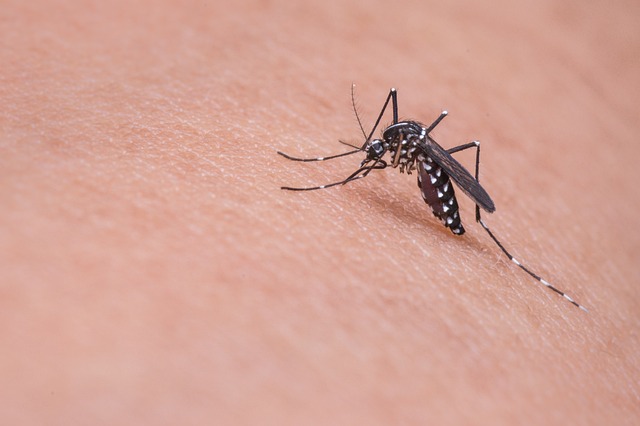
Under the guise of protecting the United States food supply, the US Defense Advanced Research Project Agency (DARPA), an agency functioning under the US Department of Defense (DOD), is now planning to fully implement its program regarding the genetically modified insects called “Insect Allies” for the purpose of delivering genetically engineered viruses to agricultural crops. The problem with this technology, according to scientists and experts, is that this could be easily be weaponized and it could also become very hard to control, potentially leading to the destruction of crops and other species.
Also called “cyborg insects”, this $27 million endeavor to alter the plant’s genetic traits has been heard of many years ago but it was only during the recent years that the project has been constantly talked about in the media. According to Research Gate, “cyborg insects are a major part of the vision of future interactions of the living world and technology, including but not limited to the Internet of Living Things (IoLT). They are crawling or flying insects with additional electronic circuitry allowing remote control of their movement and collection of sensory data”. Proponents insist that contrary to what many believed, these cyborg insects would produce protective instead of destructive traits to crops and other natural species.
Unknown to the broader public, this controversial genetic engineering experiment on our environment has been criticized by many experts, especially by those who understood the adverse ramifications of genetic alteration. And besides, if modifying plants to make it more resilient is the real aim of DARPA and other involved agencies, according to these critics, there are more simple but efficient ways to do it. More importantly, critics also fear that because insects are hard to control, they could also modify organic crops.
On March 2022, one of the critics of this technology commented about GM mosquitos created by biotech firm Oxitec. His name is Dr. Robert Gould, the president of San Francisco Bay Physicians for Social Responsibility. According to him:
“Once released into the environment, genetically engineered mosquitoes cannot be recalled. Rather than forge ahead with an unregulated, open-air genetic experiment, we need precautionary action, transparent data and appropriate risk assessments.”
This concern has also been echoed by Gregory Kaebnick, a research scholar and editorial director at the Hastings Center bioethics research institute in New York. He raised that DARPA’s technology may cause irreversible consequences that might be harmful or environmentally destructive because, according to him, “insects will be virtually impossible to eradicate once released”.
Meanwhile, according to Silja Vöneky, a law professor from Freiburg University:
“Because of the broad ban of the Biological Weapons Convention, any biological research of concern must be plausibly justified as serving peaceful purposes. The Insect Allies program could be seen to violate the Biological Weapons Convention, if the motivations presented by DARPA are not plausible. This is particularly true considering that this kind of technology could easily be used for biological warfare.”
In 2020, the Environmental Protection Agency (EPA) has approved the release of 2.4 billion GM mosquitos in Florida and California. In 2021, Oxitec released 144,000 GM mosquitoes in the Florida and Brazil, claiming that it successfully suppressed Aedes aegypti, the carrier of yellow fever and Zika fever (allegedly), by the 95%.
References:
https://www.mpg.de/12318180/darpa-insect-ally
https://www.wired.co.uk/article/darpa-insect-allies-crop-editing





